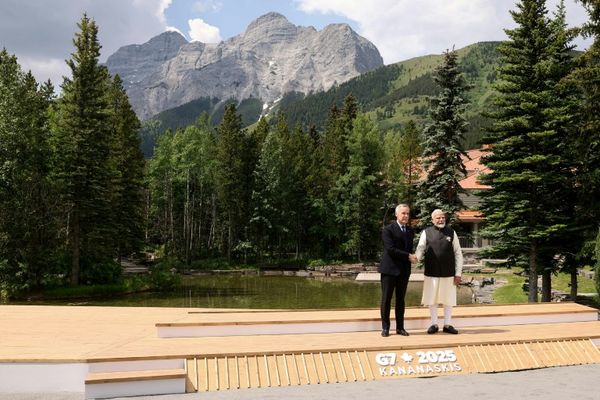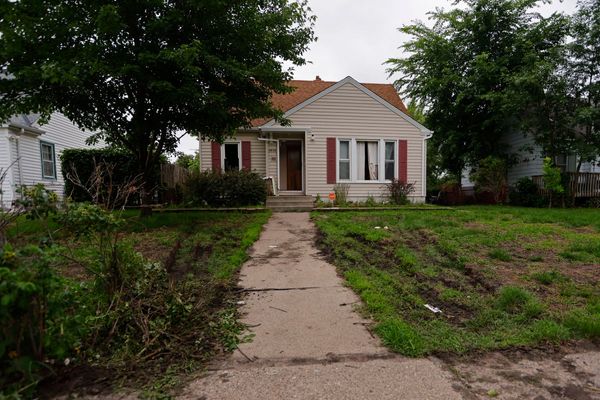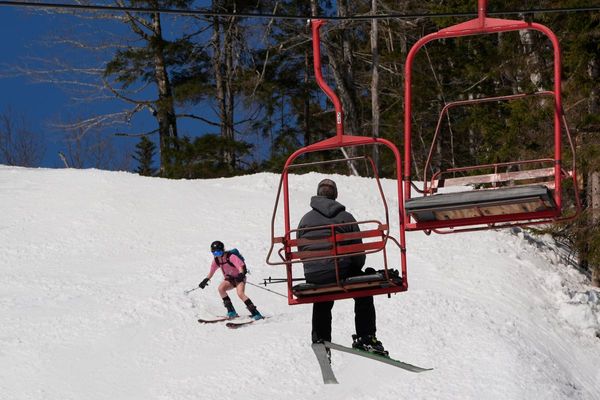The world-famous Yosemite National Park is slated to open all of its campgrounds for the first time in six years.
Some of the northern California campgrounds, of which the landmark-filled park has 13, were previously closed in 2019 during a temporary government shutdown. Then, the Covid pandemic hit.
"We're very excited to have these campgrounds open to the public as we enter the busy summer season," said Acting Yosemite National Park Superintendent Ray McPadden. "Camping in this park is truly a magical experience, and we want to provide the opportunity for as many visitors as possible."
Additional openings, the agency said, will add some 500 campsites for the public’s use. That includes the White Wolf Campground and the Tamarack Flat Campground, which are both opening within the next 10 days.
Reservations for the pair began on Sunday morning, and Yosemite Creek Campground is set to open on July 1.
Earlier in the year, park officials announced Yosemite would require reservations for entry. A plan to introduce a permanent day-use reservation system this spring has been put on hold, according to The San Francisco Chronicle.
Reservations are required for all campgrounds from April till October. Still, the Trump administration-approved reservation system spans fewer hours and dates than any previous system, according to SFGate.
Notably, national parks saw a record 331.9 million recreation visits last year, marking a surge of 6.36 million recreation visits since 2023. The previous record was set in 2016.
“Opening dates for Bridalveil Creek, Porcupine Flat, and Tuolumne Meadows Campgrounds will be announced soon,” the National Park Service said. “All other park campgrounds are listed on the Recreation.gov website and are currently available for booking.”
But the decision also comes at a fraught moment for the agency and U.S. public lands in general, and ahead of what is expected to be another active wildfire season. In May, a nearby blaze forced evacuations and road closures in Moro County.
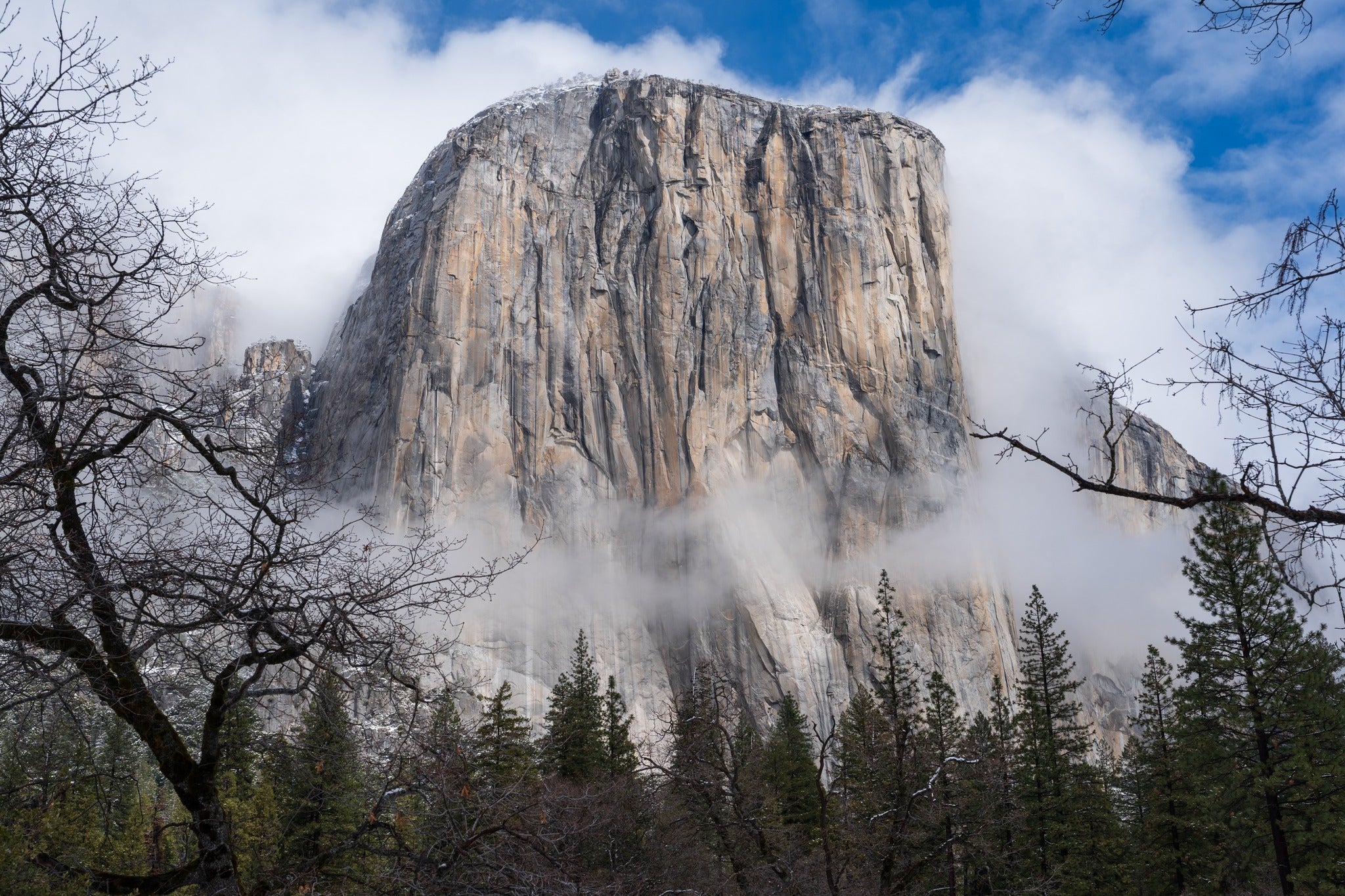
Earlier in the year, the National Parks Service took even more blows following years of budget cuts and staff shortages, as the Trump administration fired thousands of employees. Since then, the administration has been fighting it out with the courts. Although, Government Executive reported earlier this month that agencies have made preparations to implement layoffs if the court order blocking them is lifted.
In April, Interior Secretary Doug Burgum – who has been working to repeal Biden-era protections in Alaskan wilderness and reclaim abandoned coal mines this month – ordered that all parks remain open and accessible, despite operational impacts.
The president’s proposed “Big Beautiful” spending bill further slashes funding for park staffing, the National Parks Conservation Association wrote, and promotes the expansion of oil and gas drilling and the sale of millions of acres of public lands.
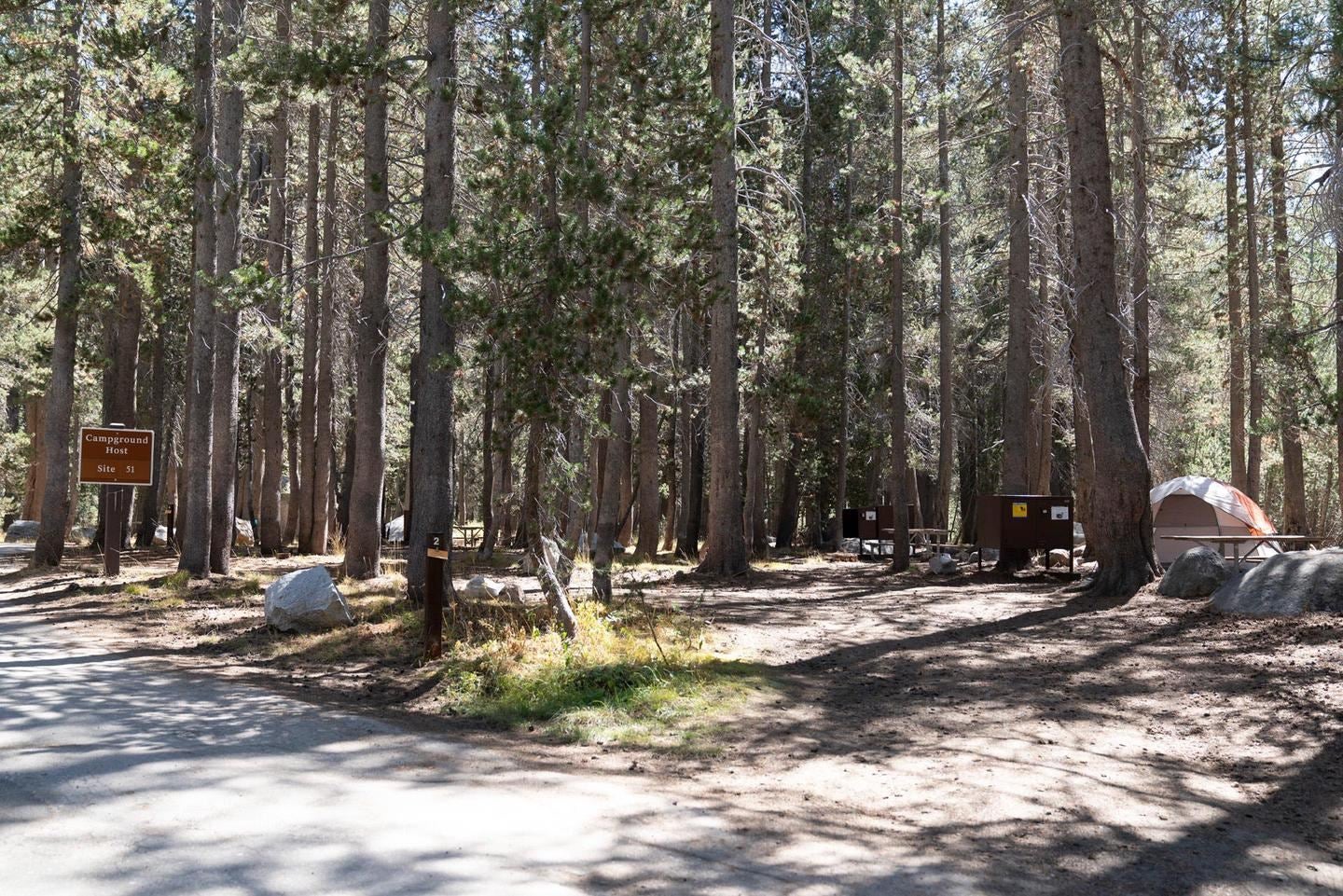
“[The Senate reconciliation bill] turns its back on America’s most treasured places and the dedicated public servants who protect them,” Director of Clean Energy and Climate Policy Daniel Hart said in a statement.
Last week, the Senate added a mandate to the budget bill to sell enormous swaths of public land managed by the Forest Service and Bureau of Land Management, Outside Magazine reported. The reconciliation text states that national parks, national monuments, and designated wilderness areas would be exempt from auction.
The Justice Department also said last week that the president has the authority to abolish national monuments protected by his predecessors.


